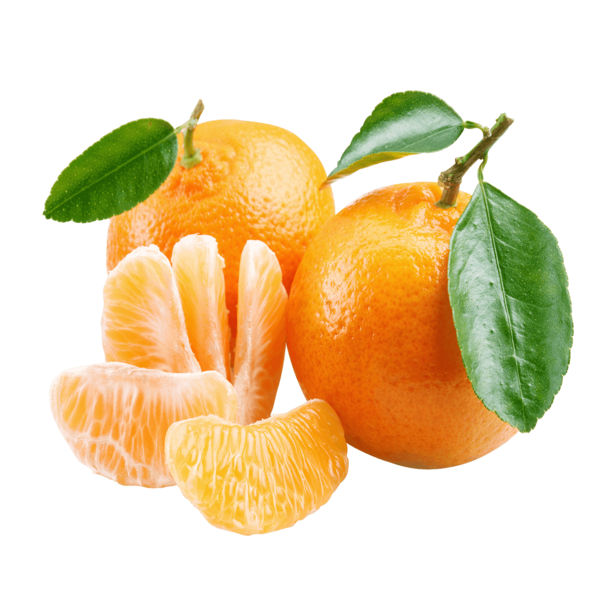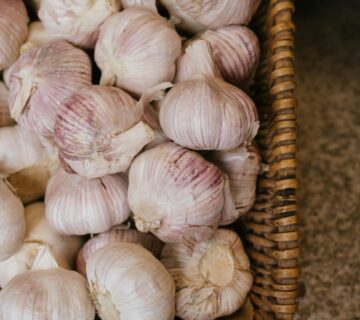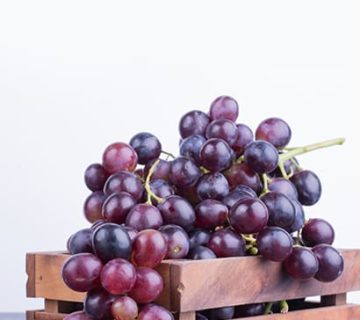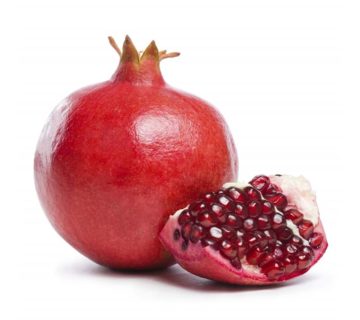Citrus fruits are an important agricultural product in Egypt, with navel oranges and Valencia oranges being the most common. However, another citrus fruit that has gained popularity in recent years is the mandarin orange, also known as the tangerine or clementine. One popular variety of mandarin orange is the Satsuma, which is commonly referred to as the “yuzu” in Japan. This fruit is a good source of vitamin C and dietary fiber, and has a unique flavor that makes it a popular ingredient in cooking and baking. In this article, we will explore the cultivation, packaging, and export of yuzu from Egypt to other countries.
Cultivation:
Yuzu trees are grown in Egypt in orchards, which are typically located in the Nile Delta region. The trees are planted in well-drained soil and require ample sunlight and water to grow. The yuzu fruit is typically harvested from November to February, depending on the region and climate. The fruit is hand-picked from the trees when it is ripe, which is indicated by the bright orange color and fragrant aroma.
Packaging:
After the yuzu fruit is harvested, it is sorted and graded according to its size and quality. The fruit is then washed and dried, and any damaged or spoiled fruit is discarded. The yuzu fruit is typically packed in plastic crates or cardboard boxes, with each container holding approximately 10 to 15 kilograms of fruit. The crates or boxes are then labeled with the name of the grower, the variety of yuzu, and the country of origin.
Export:
Egypt is a major exporter of citrus fruits, including yuzu. The country exports yuzu to a variety of countries, including Japan, South Korea, and the United States. To export yuzu, the fruit must be inspected by the Ministry of Agriculture and must meet the phytosanitary requirements of the importing country. The fruit is typically shipped by sea in refrigerated containers to ensure that it arrives at its destination in optimal condition.
Conclusion:
Yuzu is a popular citrus fruit that is grown in Egypt and exported to other countries around the world. The cultivation, packaging, and export of yuzu requires careful attention to detail to ensure that the fruit is of high quality and meets the phytosanitary requirements of the importing country. With its unique flavor and nutritional benefits, yuzu is a valuable addition to the agricultural industry in Egypt and a popular ingredient in many cuisines around the world.





No comment